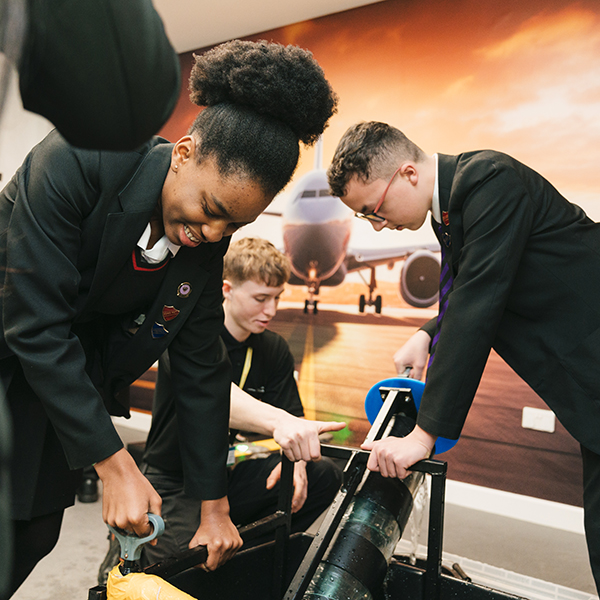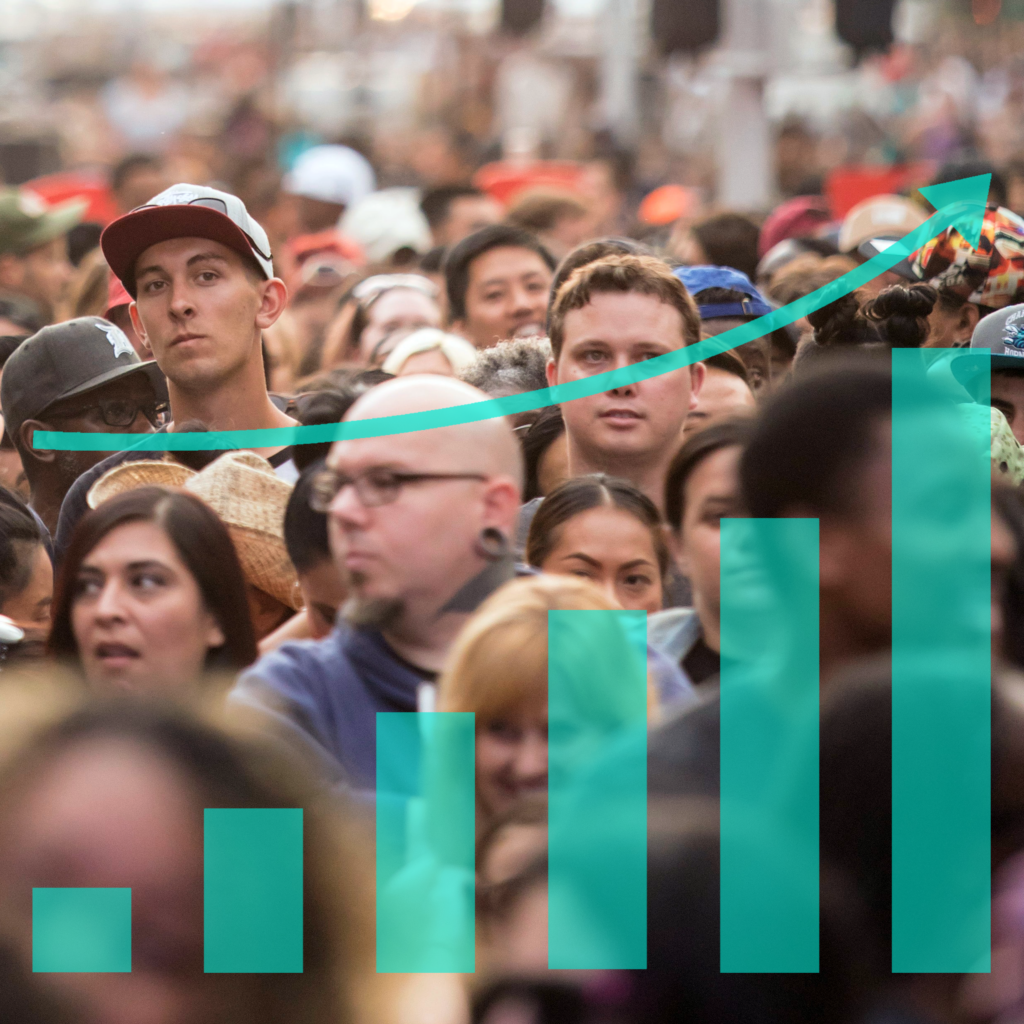The pandemic has underlined the need for social purpose. Here’s how to make it part of your short, medium and long-term strategy.
The role of a business’s social purpose came to the fore in April last year. One of the largest business groups in the US—the Business Roundtable—called for companies to consider the impact they made beyond their balance sheets.
Its 181 chief executives, including Amazon’s Jeff Bezos, Apple’s Tim Cook and JP Morgan Chase’s Jamie Dimon, demanded that companies “support the communities” in which they work, “protect the environment” and treat workers with “dignity and respect”, alongside delivering long-term profits for their shareholders.
They had effectively redefined the purpose of a corporation. And then, of course, came Covid-19.
The pandemic has been a catalyst for organisations to review—and redouble—the support they give their workforce and the communities they serve. It has also exposed deep inequalities across our society and underpinned the need for social purpose at a local and national level.
Consumers are fully behind this change. A survey*, commissioned by EVERFI, found that nearly half of them say companies have an obligation to take actions to improve societal problems, even if they are not related to their business operations.
With this in mind, here are five principles you need to help keep your business’s social purpose goals on track
1. Align community impact goals with business practices
Successful socially responsible companies identify causes that align with their corporate mission, workforce and the communities they serve. They then advance these causes through authentic actions. This can often mean making adjustments to current initiatives.
Take companies such as Marks & Spencer, PwC and Vodafone, which have responded to concerns that young people are losing confidence in their job prospects post-lockdown by offering virtual internships this summer.
These companies have done something practical and accessible to make sure that young people have the skills, connections and support they need.
It may be tempting to pursue social purpose initiatives that don’t match your business’s operating practices, but don’t do it. As we’ve seen during the pandemic, those companies that do this rightly face a backlash from savvy consumers.
2. Invest in education
Of the six potential areas tested in EVERFI’s survey, the largest number of consumers wanted to see social purpose budgets spent on education.
Six-in-ten said they want their favourite brand to use this budget on education.
Education-concerned consumers are more likely than those not concerned with education to be loyal to and engaged with companies.
Those who value education in a company’s social impact efforts are more likely to spend more money on a product even when a more affordable option exists, recommend a brand to a friend, follow a brand on social media, download their app and donate to a charity that brand supports.
3. Harness technology to adapt quickly to changing times
During lockdown, we’ve seen many organisations use technology to support young people when they need it most.
TeamGB and ParalympicsGB, for example, have used digital technology to swiftly adapt their Travel to Tokyo programme, which encourages young people and their families to become more active in the run-up to the Tokyo Olympic and Paralympic Games.
By providing families with simple but effective resources they can use at home, with access to Olympic and Paralympic athletes and suggestions for low-cost, local activity, the programme has managed to reach more than 280,000 young people and their families during lockdown.
When schools closed, Premier League Primary Stars was also quick off the mark to create a home-learning hub, which built strong links with young people and demonstrated support for local communities.
Teacher-facing resources were repurposed to provide free learning activities for families to help educate and entertain children who were unable to attend school.
4. Consider becoming a B-Corp
Consumers value transparency more than ever. In fact, there are now many sites dedicated to ranking companies according to how much they disclose about their social and environmental policies.
Socially responsible companies set measurable goals to keep accountable to themselves and their stakeholders. This is something the B-Corp movement strongly advocates. Companies that are B-Corp-certified have shown that they have met high standards of social and environmental performance, transparency and accountability.
The effort involved in becoming a B-Corp is likely to pay off—and not just in terms of social purpose. Businesses certified as B-Corps grew 28 times faster than the national economic growth rate in 2018, according to the Office for National Statistics.
5. Promote a healthy and inclusive workforce
Social purpose starts with workplace culture. We know that employees are more likely to help their company succeed if they are seen and heard. We also know that the best companies are made up of employees from diverse backgrounds, and there are many companies leading the way here.
Unilever, the multinational consumer goods company, is supporting its employees through a strategy that addresses their physical, mental and emotional well-being, as well as their “sense of purpose”.
Mars, the confectionary and pet food manufacturer, has launched technology that is designed to eliminate bias in its application and assessment process, resulting in a larger and more diverse talent pool.
Make sure that your business’s social purpose goals are not just part of the Covid-19 recovery. Stick to these four principles and social purpose will be part of your business’s short, medium and long-term strategy.
*The survey was conducted through SurveyMonkey Audience. A survey of 705 adults who had made a purchase from a superstore in the last six months was conducted from August 4-7, 2017. The margin of error is 3.8%
Kathryn McColl is director of research, consultancy and insight at education and social impact consultancy EVERFI.
Some of this article was published in Board Agenda







